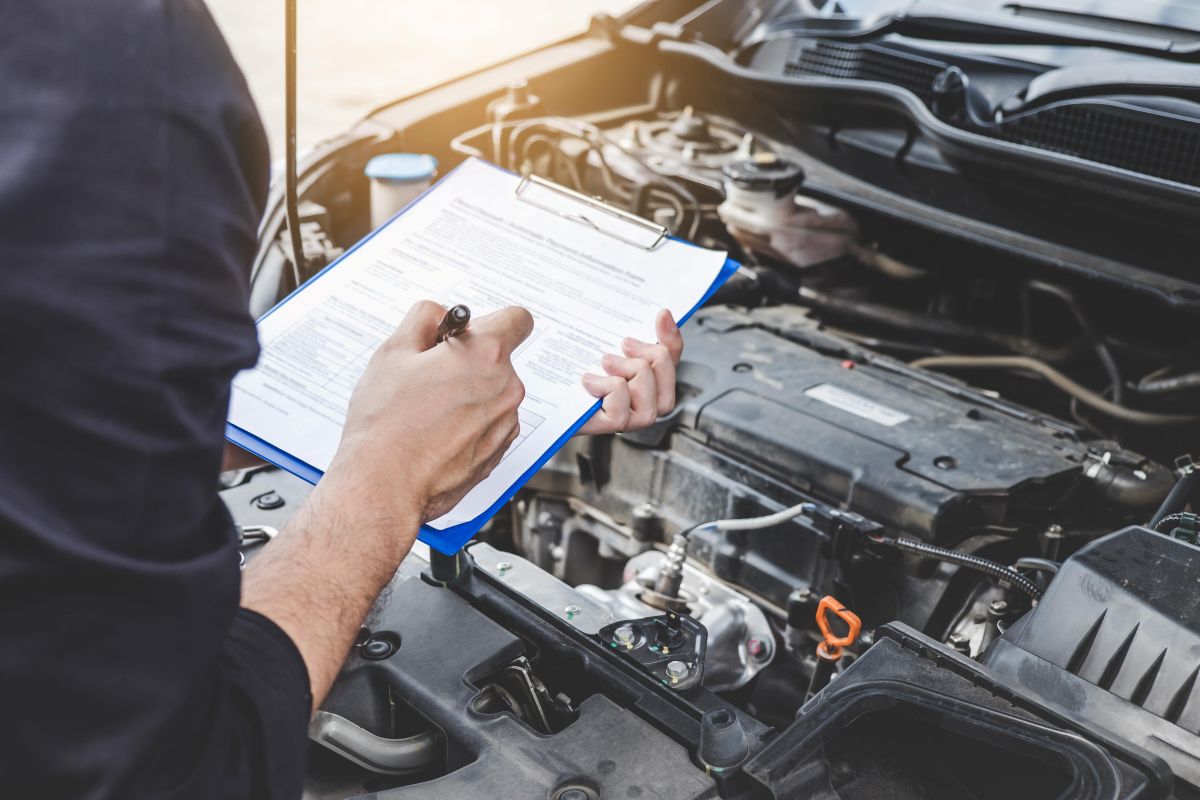Legislation to establish a right to repair working group within Maine’s state government took effect Aug. 9.
The new law tasks the working group with developing recommendations for a bill that will form an entity to ensure car owners and owner-authorized independent repair facilities have cyber-secure access to vehicle-generated data for maintenance, diagnostic and repair purposes.
As the study group labors to propose a right to repair oversight board, it will be important to clarify the future body’s ability to draft and enforce rules, and receive funds to implement those activities, Maine Attorney General Aaron Frey wrote in a July 3 letter to state Sens. Chip Curry and Tiffany Roberts.
“Consideration could also be given to privacy and cybersecurity concerns relating to potentially sensitive motor vehicle information,” Frey wrote. “Accordingly, I have decided to proceed with creating the study group … before designating an independent entity.”
It has been a slow process to implement an underlying right to repair law approved by Maine voters in November. That law mandates car manufacturers make their vehicles’ onboard diagnostic systems accessible to car owners and independent repair facilities without formal authorization by the car maker. The law is designed, in part, to allow drivers more flexibility in their repair options.
For the November right to repair law to be fulfilled, the state must form the oversight group and car manufacturers must equip all makes and models sold in Maine with a data platform capable of securely disseminating all diagnostic data of a car to car owners and independent repairers. All parts, tools, software and other components necessary to complete full repair must be included and given to car owners and authorized repair shops per the November-enacted law, under a potential penalty of $10,000 if access is denied.
“We’d like to make sure that manufacturers can’t manipulate the way that this data is going to car owners, and then shared with independent repairers,” Tommy Hickey, a member of the working group and director of the Maine Right to Repair Coalition, told Autobody News.
Hickey, who is representing independent repair facilities on the working group, stressed the forthcoming repair oversight board required by the November legislation should comprise an overall neutral membership. For example, he would like to see cybersecurity experts, independent repairers, dealerships and manufacturers represented on the board.
The more recent law, passed in April, directs the working group to recommend standards that provide open access to vehicle telematics systems, monitor car manufacturer compliance, and address the evolving use and availability of cars’ diagnostic data, while respecting privacy and cybersecurity concerns.
“We just want to make sure that manufacturers allow their systems to go into the full effect so that people can make full repairs where they’d like,” Hickey said.
The independent repair industry has two members on the working group, including Hickey. The group also includes representatives from aftermarket parts distributors, aftermarket manufacturers, vehicle manufacturers, new vehicle dealers, consumer advocacy and privacy advocacy groups, and Maine’s offices of the attorney general and secretary of state.
The working group’s first meeting on Aug. 29, in Augusta, is expected to review the group’s statutory duties, identify action items, collect comments on a remote meeting policy, and establish a schedule for future meetings, according to the meeting agenda. The meeting is open to the public. The working group’s website, which went live Aug. 9, contains information about the working group and will be used to post public hearing notices.
The attorney general must send the legislature a report by Feb. 28, detailing the findings of the working group.











Brian Bradley